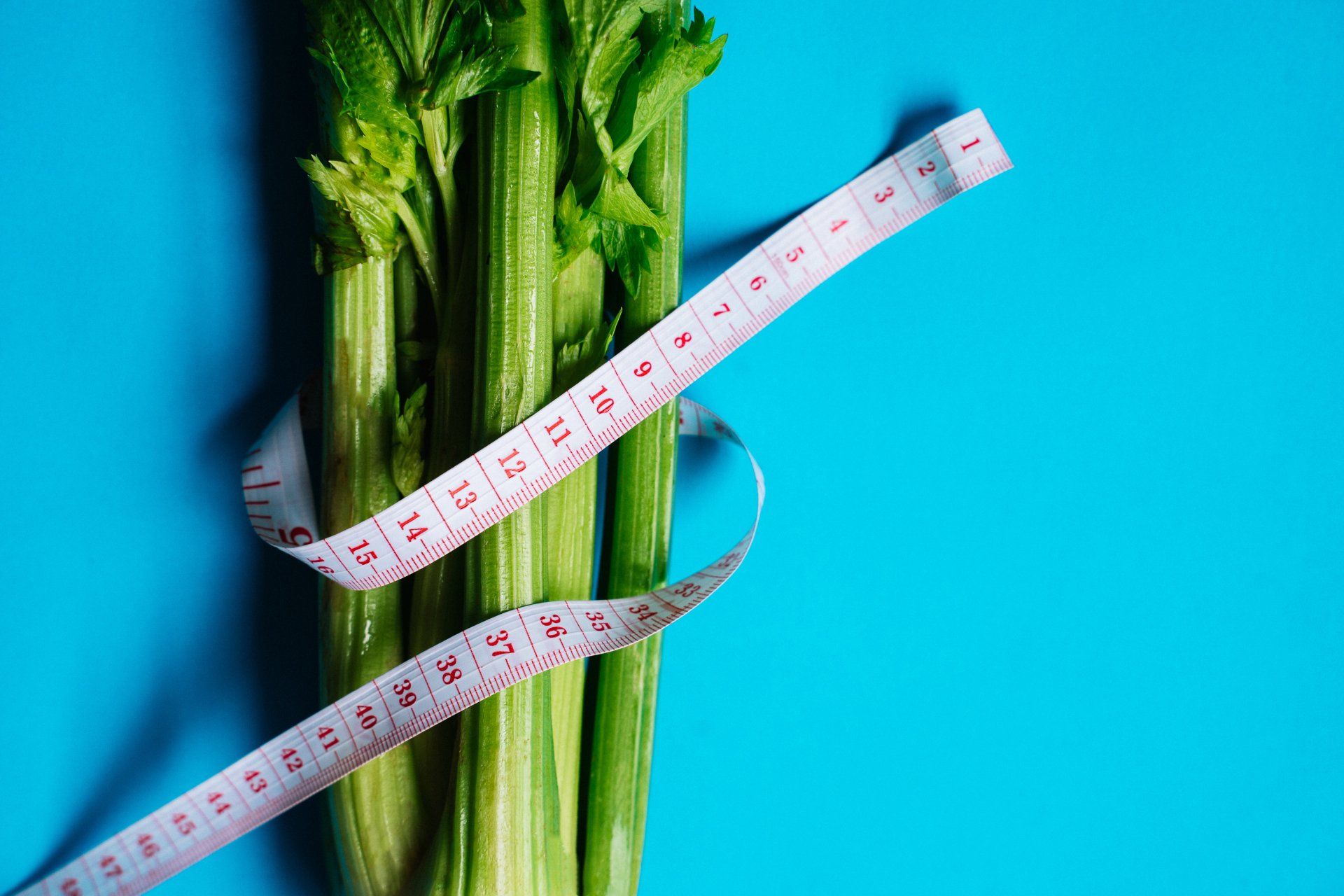Why You Gain Weight When You Quit Smoking (and How to Restart Your Metabolism)
If you've recently quit smoking or are thinking about it, you might be worried about one side effect that seems almost inevitable: weight gain.
Many people gain around five to ten pounds after they quit smoking. When nicotine leaves your system, your metabolism slows down a bit, your appetite kicks back in, and your body starts adjusting to life without a chemical that once contributed to how it burned calories.
But here's the good news: this shift is temporary and completely manageable. The weight you might gain is just your body finding balance again. And with the right habits, support, and a smart metabolism booster after quitting smoking, you can help your system bounce back faster.
In this article, we'll break down why people gain weight when they quit smoking, what's really happening to your metabolism, and how to naturally boost or restart it as your body heals.
Why Do You Gain Weight When You Quit Smoking?
When you quit smoking, your body goes through a major readjustment, and your metabolism feels it first. On top of that, temporary digestive changes like bloating or constipation are common while your system resets after quitting smoking.
Your Metabolism Slows as Nicotine Leaves Your System
Nicotine is a stimulant that increases your resting metabolic rate by about
10%, meaning your body burns fewer calories once it's gone. Without that chemical boost, your calorie burn naturally slows down, and your body starts to conserve more energy.
Appetite and Cravings Increase
Nicotine also dulls appetite and alters how your brain processes hunger signals. When you stop smoking, your sense of taste and smell sharpen, food starts to taste better, and your brain releases the same "feel-good" chemicals it once got from nicotine whenever you eat. That combination often leads to more frequent cravings, especially for high-calorie comfort foods.
Old Habits Become New Snacking Triggers
Additionally, many people replace the familiar hand-to-mouth motion of smoking with snacking, sometimes without even realizing it. Recognizing this pattern is the first step to changing it. By finding healthier replacements, like sipping water or chewing sugar-free gum, you can break the loop of unhealthy habits and keep your progress on track.
Why Not Everyone Gains Weight After Quitting Smoking
Most post-quitting weight gain is modest and short-lived. According to a Journal of the Brazilian Pneumology Society study, most people experience only minor weight gain during smoking cessation. The study found that about one-third of people experience more than a 5% increase in body weight after quitting smoking. The remaining two-thirds of study participants maintained their baseline weight.
These study results demonstrate that not everyone gains weight when they quit smoking. The difference often comes down to lifestyle habits, such as diet and exercise. Those who already have these healthy habits in place may struggle less with weight gain after smoking.
Thankfully, having the proper supports in place or adding them in after quitting, makes it entirely possible to successfully manage your weight.

How to Boost or Restart Your Metabolism After Quitting Smoking
If your metabolism feels sluggish after quitting smoking, you're not alone (and you're not stuck that way). Focus on consistency, not perfection.
Small daily choices can make a big difference in how your body burns energy and rebuilds balance.
- Move More. Physical activity is one of the most effective ways to boost metabolism after quitting smoking. Aim for a mix of cardio and strength training to build muscle, increase calorie burn, and reduce cravings. Even a brisk 20-minute walk can reset your energy levels.
- Eat Protein and Fiber. Plan your meals with healthy foods. Protein helps preserve muscle mass, and muscle mass is the engine that keeps your metabolism running. Add fiber-rich foods like vegetables, oats, and beans to stay full longer and stabilize blood sugar.
- Stay Hydrated. Water helps flush toxins from your system and supports digestion. It also keeps your metabolism working efficiently. Sometimes what feels like hunger is really thirst, so sip often throughout the day.
- Sleep Well. Rest is an underrated metabolism booster. A good night's sleep balances the hormones that regulate appetite and fat storage.
- Limit Alcohol and Sugary Drinks. Sweetened beverages and cocktails are full of "hidden" calories that can stall metabolic recovery. Choose sparkling water with fruit, herbal teas, or black coffee instead.
- Try Structured Weight-Management Support Programs like Slim4Life's personalized weight loss plans are designed to help you increase metabolism after quitting smoking through customized nutrition and education.
These strategies work best when combined with targeted metabolic support. Slim4Life's Metabolizer™, for example, is an herbal formula designed to give your body the extra boost it needs to reset after you quit smoking.
How Slim4Life's Metabolizer Helps Reset Your Body After YOU Quit SMOKING
A metabolism booster after quitting smoking, like Slim4Life's Metabolizer™, can give your metabolism the nudge it needs. It is made with a proprietary blend of herbs designed to help rebalance energy, control appetite, and support natural detoxification. It's especially beneficial during the post-smoking adjustment phase, when your body is clearing toxins and recalibrating its energy systems.
Many Slim4Life clients swear by it. Sandra S. shared, "I feel like it helps reset my metabolism and energy levels. I always take it in November and December to help me get through the holiday season without overindulging. "
Incorporating the Metabolizer™ into your Slim4Life weight-loss plan is one of the best ways to boost metabolism after quitting smoking.
Boost Metabolism After Quitting Smoking and Embrace a Healthier You
Even if you gain a few pounds after quitting, remember that your body is healing in extraordinary ways. Within weeks, your lungs start to clear, your heart gets stronger, and your energy begins to rise. Those changes matter far more than the number on the scale. But we know you care about the scale, too.
Most post-quit weight gain stabilizes within a few months as your metabolism recovers. The key is to stay consistent by planning balanced meals, moving your body daily, and using proven tools like Slim4Life's personalized weight loss programs and metabolism boosters after quitting smoking to keep your progress steady.
If you're looking for ways to increase metabolism after smoking, we're here to help. Schedule a free consultation to see how we can help you develop a nutritionally balanced lifestyle that's enjoyable and sustainable.
Fill out our online form or call us at 1-833-SLIMTODAY (1-833-754-6863) to get started.






